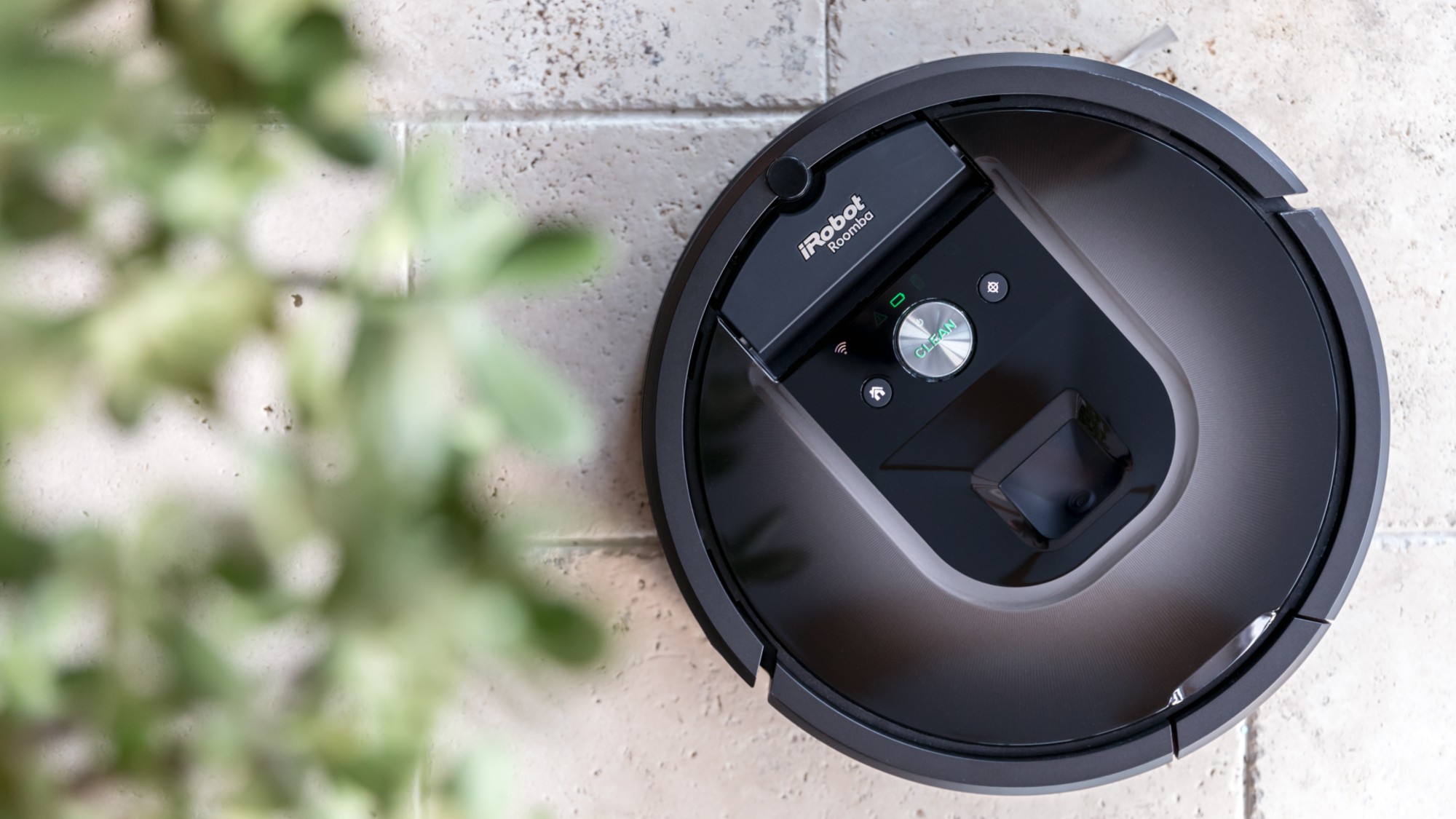Instagram rolls out teen accounts with new limits
After facing pushback over child safety, Meta announced that all users under 18 will have their Instagram accounts modified


A free daily email with the biggest news stories of the day – and the best features from TheWeek.com
You are now subscribed
Your newsletter sign-up was successful
What happened
Meta announced on Tuesday that all users under 18 will have their Instagram accounts modified. The new "teen accounts" will be private by default, meaning only followers they approve can see their posts, and users 13 to 15 won't be able to change the settings without parental consent. Parents will also be able to see who their teens message, though not the content of the exchanges, and notifications will be muted from 10 p.m. to 7 a.m. to promote sleep.
Who said what
Parents say they are most concerned about inappropriate contact, unsavory content and limiting screen time. "We decided to focus on what parents think because they know better what's appropriate for their children than any tech company, any private company, any senator or policymaker or staffer or regulator," Instagram head Adam Mosseri said to The New York Times.
The changes are "long overdue" and "should have been put in place years ago," said Common Sense Media CEO Jim Steyer to the Times. But Meta is "only acting now because they're under pressure from lawmakers, advocates and a groundswell of public opinion." It's also unclear how effective the changes will be, the Times said. "Meta has promised to protect minors from inappropriate contact and content since at least 2007," with "varying degrees of success."
What next?
Teenagers already on Instagram in the U.S., Canada, Britain and Australia will be migrated to the new accounts within 60 days, and Meta said it will begin using AI tools in January to identify users who lied about their age when creating their account.
The Week
Escape your echo chamber. Get the facts behind the news, plus analysis from multiple perspectives.

Sign up for The Week's Free Newsletters
From our morning news briefing to a weekly Good News Newsletter, get the best of The Week delivered directly to your inbox.
From our morning news briefing to a weekly Good News Newsletter, get the best of The Week delivered directly to your inbox.
A free daily email with the biggest news stories of the day – and the best features from TheWeek.com
Peter has worked as a news and culture writer and editor at The Week since the site's launch in 2008. He covers politics, world affairs, religion and cultural currents. His journalism career began as a copy editor at a financial newswire and has included editorial positions at The New York Times Magazine, Facts on File, and Oregon State University.
-
 How Democrats are turning DOJ lemons into partisan lemonade
How Democrats are turning DOJ lemons into partisan lemonadeTODAY’S BIG QUESTION As the Trump administration continues to try — and fail — at indicting its political enemies, Democratic lawmakers have begun seizing the moment for themselves
-
 ICE’s new targets post-Minnesota retreat
ICE’s new targets post-Minnesota retreatIn the Spotlight Several cities are reportedly on ICE’s list for immigration crackdowns
-
 ‘Those rights don’t exist to protect criminals’
‘Those rights don’t exist to protect criminals’Instant Opinion Opinion, comment and editorials of the day
-
 Are Big Tech firms the new tobacco companies?
Are Big Tech firms the new tobacco companies?Today’s Big Question A trial will determine whether Meta and YouTube designed addictive products
-
 Can Europe regain its digital sovereignty?
Can Europe regain its digital sovereignty?Today’s Big Question EU is trying to reduce reliance on US Big Tech and cloud computing in face of hostile Donald Trump, but lack of comparable alternatives remains a worry
-
 Will AI kill the smartphone?
Will AI kill the smartphone?In The Spotlight OpenAI and Meta want to unseat the ‘Lennon and McCartney’ of the gadget era
-
 Claude Code: Anthropic’s wildly popular AI coding app
Claude Code: Anthropic’s wildly popular AI coding appThe Explainer Engineers and noncoders alike are helping the app go viral
-
 TikTok finalizes deal creating US version
TikTok finalizes deal creating US versionSpeed Read The deal comes after tense back-and-forth negotiations
-
 Is social media over?
Is social media over?Today’s Big Question We may look back on 2025 as the moment social media jumped the shark
-
 The dark side of how kids are using AI
The dark side of how kids are using AIUnder the Radar Chatbots have become places where children ‘talk about violence, explore romantic or sexual roleplay, and seek advice when no adult is watching’
-
 What is Roomba’s legacy after iRobot bankruptcy?
What is Roomba’s legacy after iRobot bankruptcy?In the Spotlight Tariffs and cheaper rivals have displaced the innovative robot company
